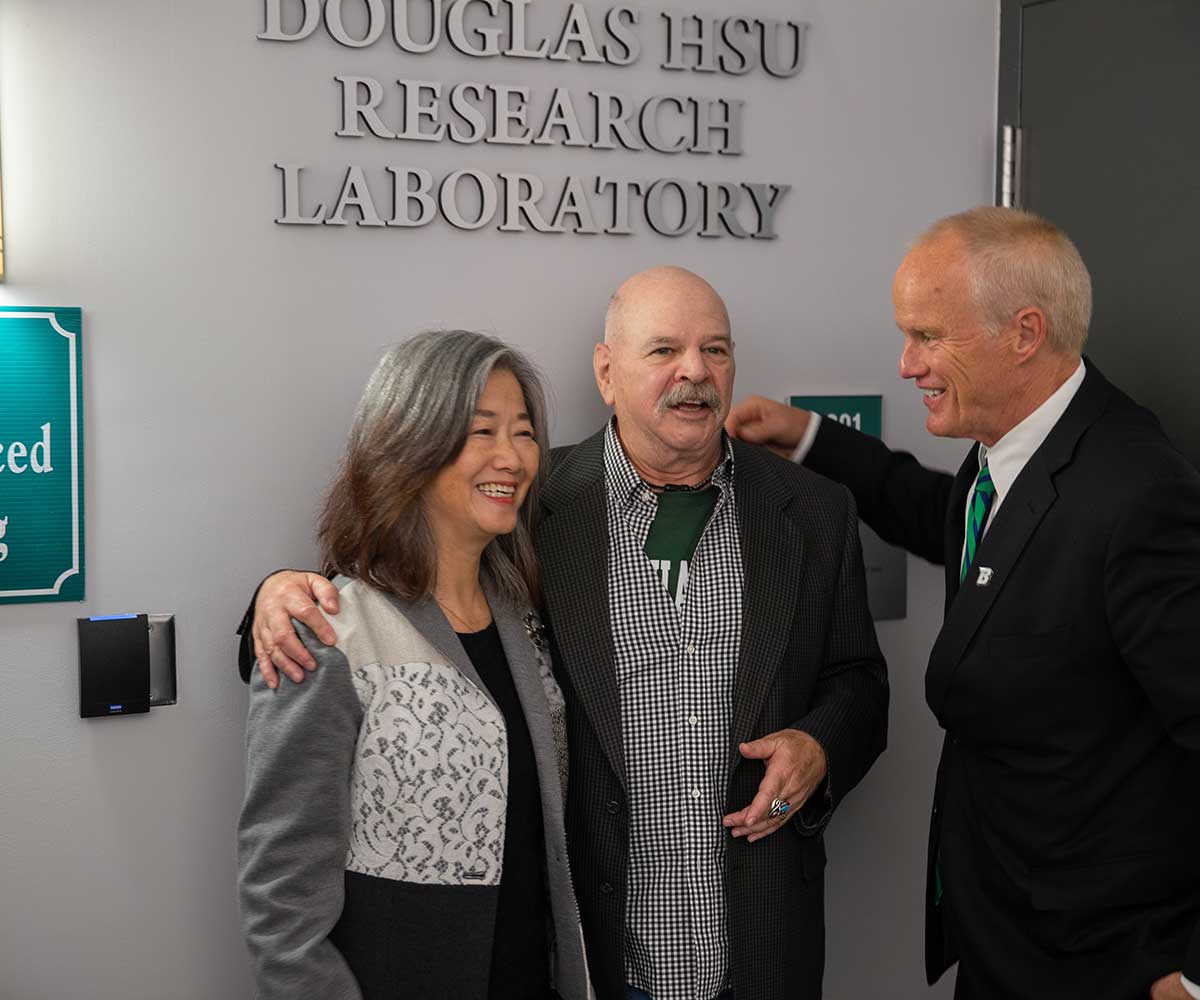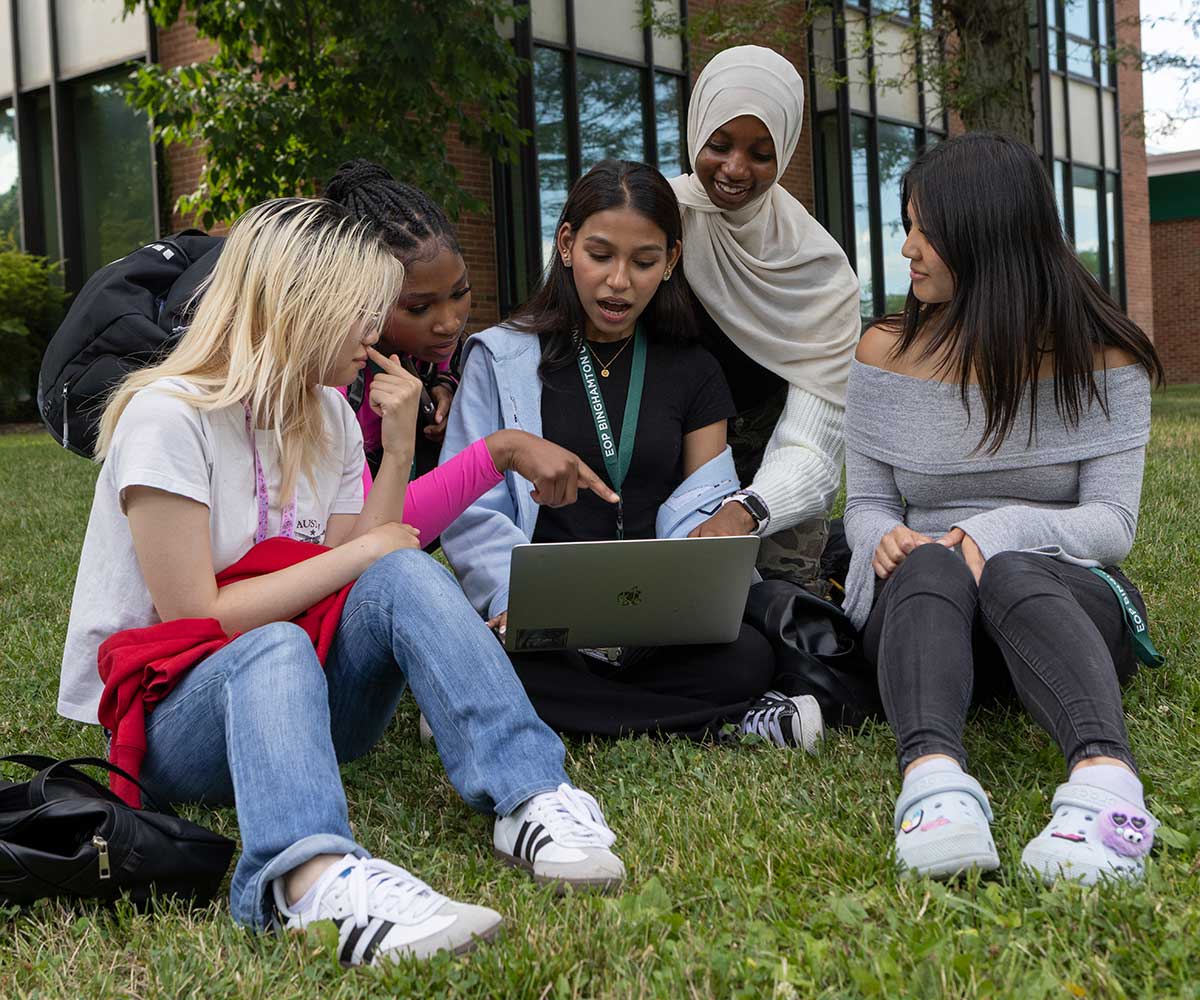Stay current on what's happening at the University and share your Bing pride. Keep your Binghamton education going through one of our lifelong learning programs.
Stay Connected
- Alumni Connect is a monthly e-newsletter featuring alumni newsmakers and updates on alumni events and programs.
- Have news to share? Want to see what your classmates are up to? Visit B-connected to share and view Class Notes.
Lifelong Learning
- The Binghamton Learning Network monthly webinar series features alumni and faculty on topics related to personal finance, wellness and more.
- TIER Talks speaker events are held twice a year, and provide thought-provoking perspectives from alumni and faculty on hot topics.
- Check out our list of alumni authors.
- The Binghamton Alumni Podcast is a series of short interviews with notable alumni.
- Binghamton University Magazine is mailed twice a year and always available online.
- The latest news stories are on BingUNews.
- Alumni donors make a difference across campus. Read all about it in this Impact Report and in these donor impact stories.
CONNECT WITH US ON SOCIAL!
Looking for your school, on-campus department? Check these out!

